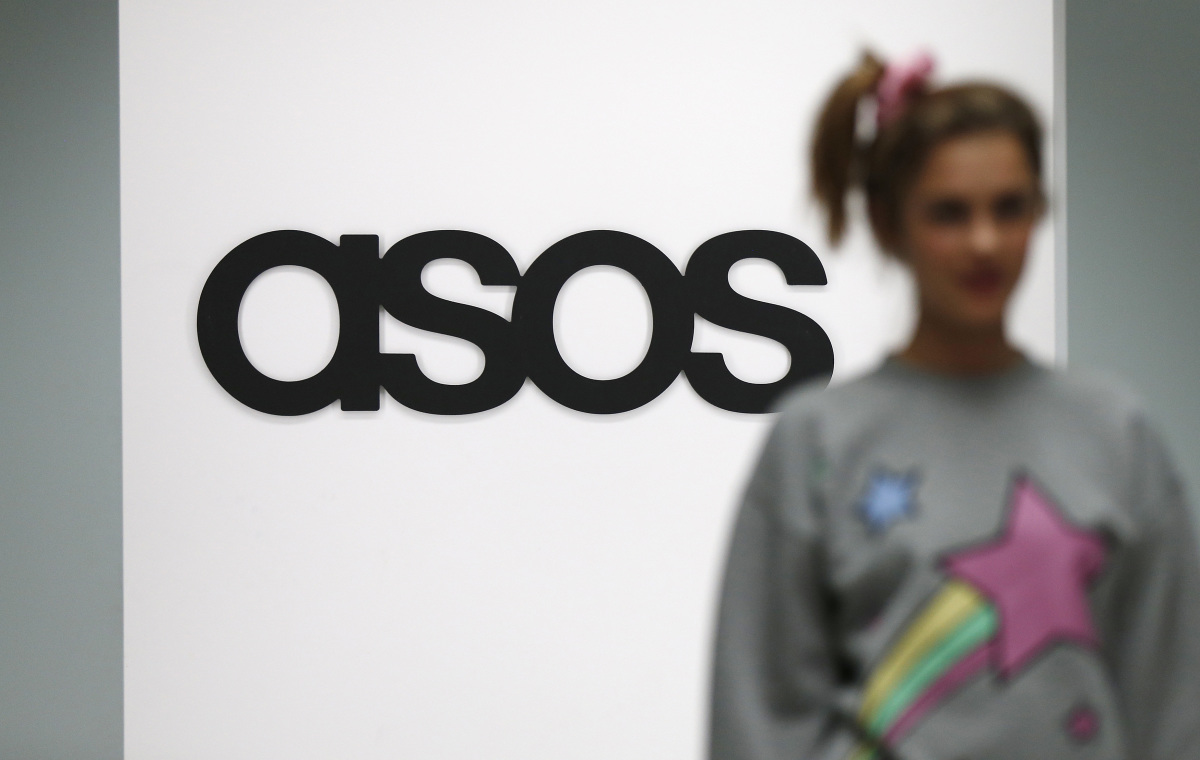KEY POINTS
- A weakened version of peanuts can act as a vaccine and help develop immunity
- Researchers theorized boiling peanuts for 12 hours created a hypoallergenic version
- In the study, 80 percent of the participants became desensitized to peanuts
A new radical approach to desensitizing children to peanut allergy has grabbed media attention. A study suggests that eating boiled peanuts followed by roasted peanuts reduces allergic reactions to the commodity.
The study, published in the journal Clinical & Experimental Allergy, found that following a certain regimen of boiled and roasted peanuts acts as a type of “oral immunotherapy.”
The idea behind the research is that a weakened version of a peanut can act as a vaccine and help develop immunity to the comestible in the long run. Heating the peanuts by boiling or roasting partially destroys their immunoreactive components, according to the research.
The researchers theorized that boiling a peanut for 12 hours created a hypoallergenic version, which could increase the tolerance of the immune system to the consumption of nuts.
70 participants aged between six and 18 years with known peanut allergies were recruited for the study. The volunteers were put on a 12-week course of 12-hour-boiled peanuts. Next, the children consumed peanuts that had been boiled for two hours for a 20-week course.
Following the boiled peanuts routine, the participants were then introduced to a 20-week course of roasted peanuts. Gradually, the children ate 12 roasted peanuts daily.
Once the regimen ended, the volunteers were then assessed for their allergic desensitization.
Surprisingly, 80 percent of the participants had become desensitized to peanuts, accounting for 56 of the 70 children in the trial, as per IFLScience. In conclusion, the researchers noted that oral immunotherapy “was well tolerated and had a very low frequency of rescue epinephrine use.”
However, adverse effects from the treatment were reported in 61 percent of participants. Furthermore, three children withdrew from the trial, making it clear that oral immunotherapy shouldn’t be tried at home.
1–3 percent of children in Western countries are affected by peanut allergies, as per researchers. Through the study, they proposed a cost-effective way to treat allergies.
“Oral immunotherapy using boiled followed by roasted peanuts represents a pragmatic approach that appears effective in inducing desensitization and is associated with a favorable safety profile,” the authors concluded.
The researchers also admitted that the trial did not take into account the long-term effects of the treatment, which need further investigation to consider oral immunotherapy as a viable option. Case in point, a 2019 study that added small amounts of the allergen into people’s diets found that the desensitizing approach may have worsened the likelihood of anaphylaxis in the long run.
Speaking of allergens, gourmet popcorns of the brand Avery’s Savory Popcorn distributed in nine states were recalled over allergen concerns. “The recall was initiated after it was discovered that product containing (the allergen) was distributed in packaging that did not reveal the presence of the allergen (soy, milk, peanuts, tree nuts),” the company said. “Subsequent investigation indicates the problem was caused by a temporary breakdown in the company’s production and packaging processes.”
Alexas Fotos/Pixabay







